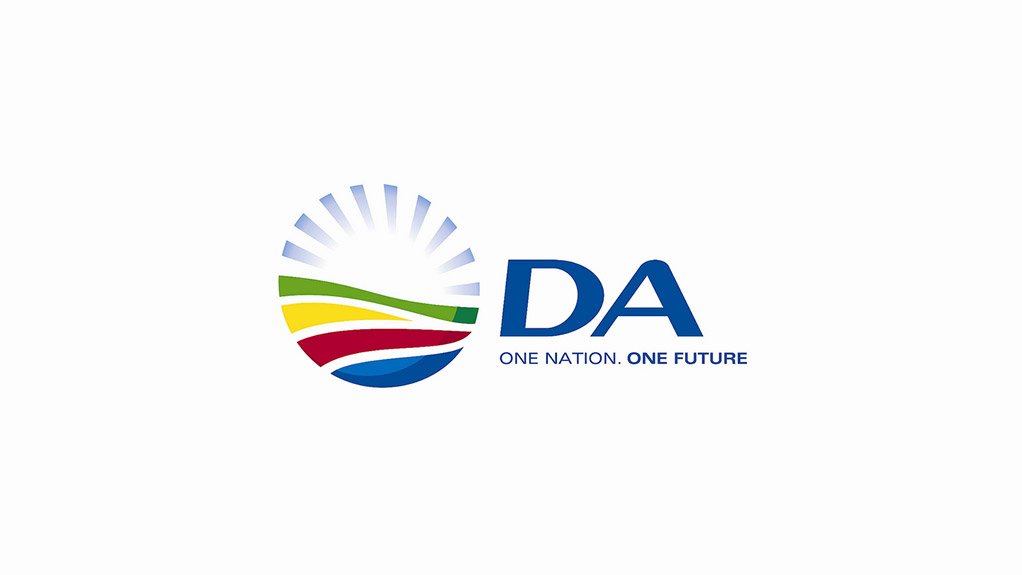Oxfam South Africa board chairperson Mazibuko Jara stated on Tuesday that given the Democratic Alliance’s (DA’s) immediate access to “a skilled social base” – professionals such as architects, lawyers, engineers – in its governance of Cape Town and other Western Cape municipalities, the DA is poised to benefit more in the Government of National Unity (GNU), unlike the African National Congress (ANC), which he says has limited access to skills base.
After losing its outright majority in the 2024 national and provincial elections, the ANC was forced to approach opposition parties to form a coalition government.
The GNU, so far, has five signatories – the ANC, DA, Inkatha Freedom Party, Patriotic Alliance and the GOOD party – which represents more than two-thirds of the seats in the National Assembly.
Jara was speaking during the Making Sense of the 2024 Elections Outcome webinar – organised by the Frederick Erbert Stiftung, My Vote Counts & the Zabalaza Pathways Institute – where he said the ANC-DA grand coalition is as a result of the deep-seated social and political crisis that led to the precipitous electoral fall of the ANC.
He stated that the DA’s economic policies were “common sense” and added that the DA’s strategy was to be in it for the long haul and ultimately assume political power and said “a bumbling” and “corrupt” ANC would be “punch-drunk” and strategically disoriented for a long while.
“All these factors will enable public discourse and consciousness to consent to the apparently efficient and well-spoken machinery of DA rule. The strategic positioning of the DA is likely to leave little room for the new liberal parties of Rise Mzansi and Bosa,” he said.
He highlighted that this might often lead to conflicts between the DA and these parties as they competed to be the intellectual leaders of the liberal agenda.
Jara stated that the DA was the “main strategic victor of the 2024 national and provincial elections”.
He noted South Africans’ frustration with “the ANC’s neo-liberal project” that had produced what he said were dire development outcomes in high levels of unemployment, massive poverty, acute inequality, underdevelopment, energy crisis and climate shocks.
He said this was worsened by widespread corruption within the State, warning that deep social crisis loomed large and would deepen unless there was redistribution.
Meanwhile, he highlighted that while the DA was the main strategic victor in the long-term and while analyses of the elections have focused on the 17% drop of the ANC from 57% in 2019 to 40% in the 2024 elections, this focus missed the core concerns that motivate what has consistently been the largest voting block throughout the six general elections South Africa has held since 1994: the national democratic revolution block.
He explained that this referred to the black working class and unemployed voters who, in the 2024 elections, chose the ANC at 40.18%, the MK Party at 14.58% and the Economic Freedom Fighters (EFF) at 9.52%.
He said these three parties all broadly subscribed to the ANC theory and strategy of the national democratic revolution, saying their combined votes made up a total of 64.28%.
Jara highlighted that the shared strategic concerns of this voting block were the unfinished tasks of national liberation, redistribution, economic transformation and service delivery.
“…however, the EFF and MK Party splits show that this national democratic revolution block is on a strategic decline in the longer term. It will be silly to reduce the significant support that the MK Party received in the KwaZulu-Natal province to an ethnic vote and tribal consciousness on the part of voters in that province,” he averred.
EMAIL THIS ARTICLE SAVE THIS ARTICLE ARTICLE ENQUIRY
To subscribe email subscriptions@creamermedia.co.za or click here
To advertise email advertising@creamermedia.co.za or click here











